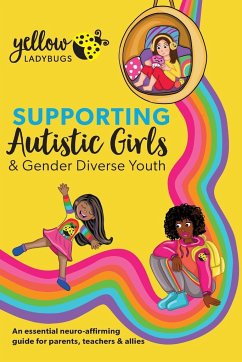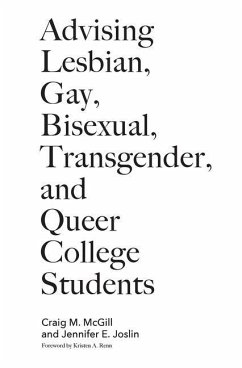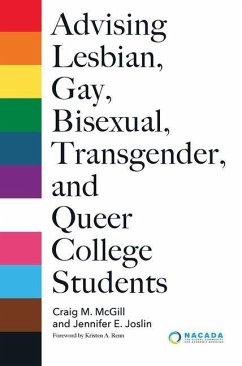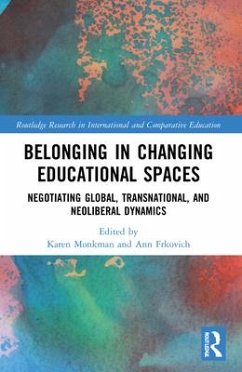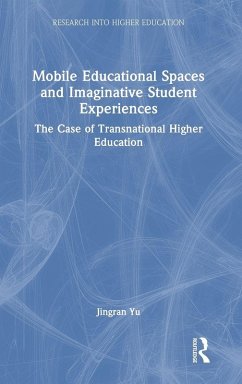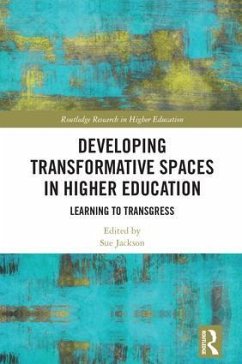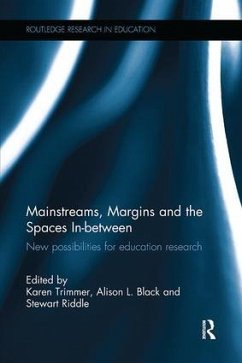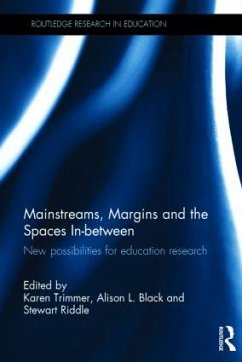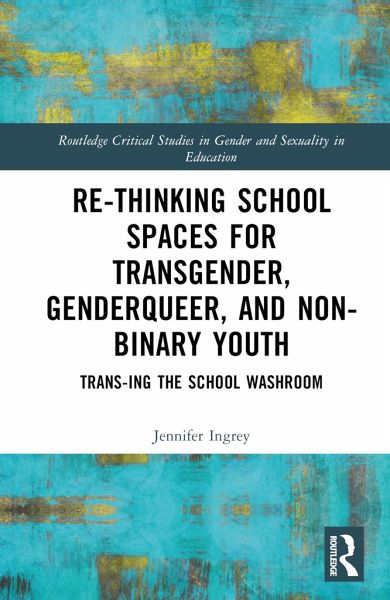
Rethinking School Spaces for Transgender, Non-binary, and Gender Diverse Youth
Trans-ing the School Washroom
Versandkostenfrei!
Versandfertig in 1-2 Wochen
167,99 €
inkl. MwSt.
Weitere Ausgaben:

PAYBACK Punkte
84 °P sammeln!
Positing the washroom as an onto-epistemological site which exemplifies the way in which school spaces govern how gender is experienced, normalized, and understood by youth, this text illustrates how current school policies and practices around bathrooms fail to dismantle cisnormativity and recognize trans lives. Drawing on media-policy analysis, empirical study, and arts-based methodologies, it demonstrates how school spaces must be re-thought via a trans-centred epistemology, to be reflected in teacher education, policy, and curricula. Beginning with a review of the theoretical constellation...
Positing the washroom as an onto-epistemological site which exemplifies the way in which school spaces govern how gender is experienced, normalized, and understood by youth, this text illustrates how current school policies and practices around bathrooms fail to dismantle cisnormativity and recognize trans lives. Drawing on media-policy analysis, empirical study, and arts-based methodologies, it demonstrates how school spaces must be re-thought via a trans-centred epistemology, to be reflected in teacher education, policy, and curricula. Beginning with a review of the theoretical constellation of the heterotopia and critical trans-ing informing the analysis of data, it moves to offer a critical media and policy analysis of how trans and gender-diverse students are de-limited, erased, or harmed. This position is supported by analysis of empirical data from a school bathroom project, including student photographs of washrooms, and other visual expressions of gender-diverse and gender-complex individuals. These elements-the media-policy analysis, the empirical study, and the archival online material-ultimately combine to offer new justifications for critical trans-informed policies and practices in education that recognize and centre trans and gender-diverse knowledges, expressions, and experiences. Centring the specific and nuanced debates around trans phenomena via an innovative methodology, it makes a unique and extremely timely contribution to the debate on gender-inclusive bathrooms, as well as trans rights to self-identification. As such, it will appeal to scholars, postgraduates, educators, and faculty working in the area of gender and sexuality in education, with interests in trans phenomena.





